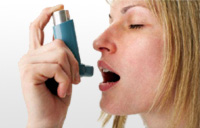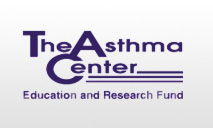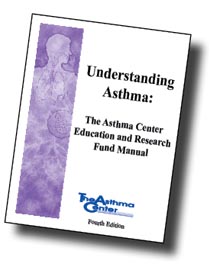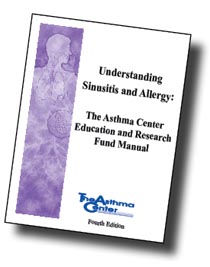What to do when stung
If you are attacked by Africanized honey bees, cover your face with your arms and run away from the direction the bees are coming from. Even a car with the air conditioning on will provide good shelter. It is advisable that you call 911 since anyone who is stung by a large number of bees (greater than 50) should be evaluated in the emergency room.
If you are stung by a honey bee, the stinger and venom sac remain attached in your skin. Venom continues to be released from the sac for 2-3 minutes after the sting, so removing the sac may lessen the severity of the reaction. To remove the venom sac (looks like a tiny splinter) scrape the spot with your finger nail. Do not grab the stinger or squeeze it between your fingers since it will inject more venom into the wound.
All insect stings should be washed thoroughly with soap and water, and antiseptic should be directly applied to the site. Cold compresses for 15-20 minutes followed by Calamine lotion will reduce swelling and itching. Taking an oral antihistamine may also reduce itching. Large local reactions may require treatment with corticosteroids such as Prednisone. Meat tenderizer in the wound is not recommended and may lead to increased inflammation.
If you notice signs of an allergic reaction such as widespread swelling, chest tightness, or dizziness, you should get medical attention immediately. If you have been instructed to carry epinephrine (Epi-Pen or Twinject), you should self-inject it according to your physician's instructions. This medication should be carried at all times and is best kept in multiple sites like the home, car, workplace and on your person. Epinephrine is susceptible to extreme temperature fluctuations and light and should be stored properly.
If the sting is on the arm or leg, use a handkerchief or cloth strip as a tourniquet and apply it 2-5" above the site. This band should be snug but not too tight. You should be able to slip a finger under it. Keep the sting area below the heart level and loosen the tourniquet for a few seconds every 3-5 minutes.
Since most highly sensitive individuals with positive insect venom skin tests are susceptible to severe allergic reactions, venom immunotherapy may be recommended. This form of therapy is effective in greater than 95% of individuals.



